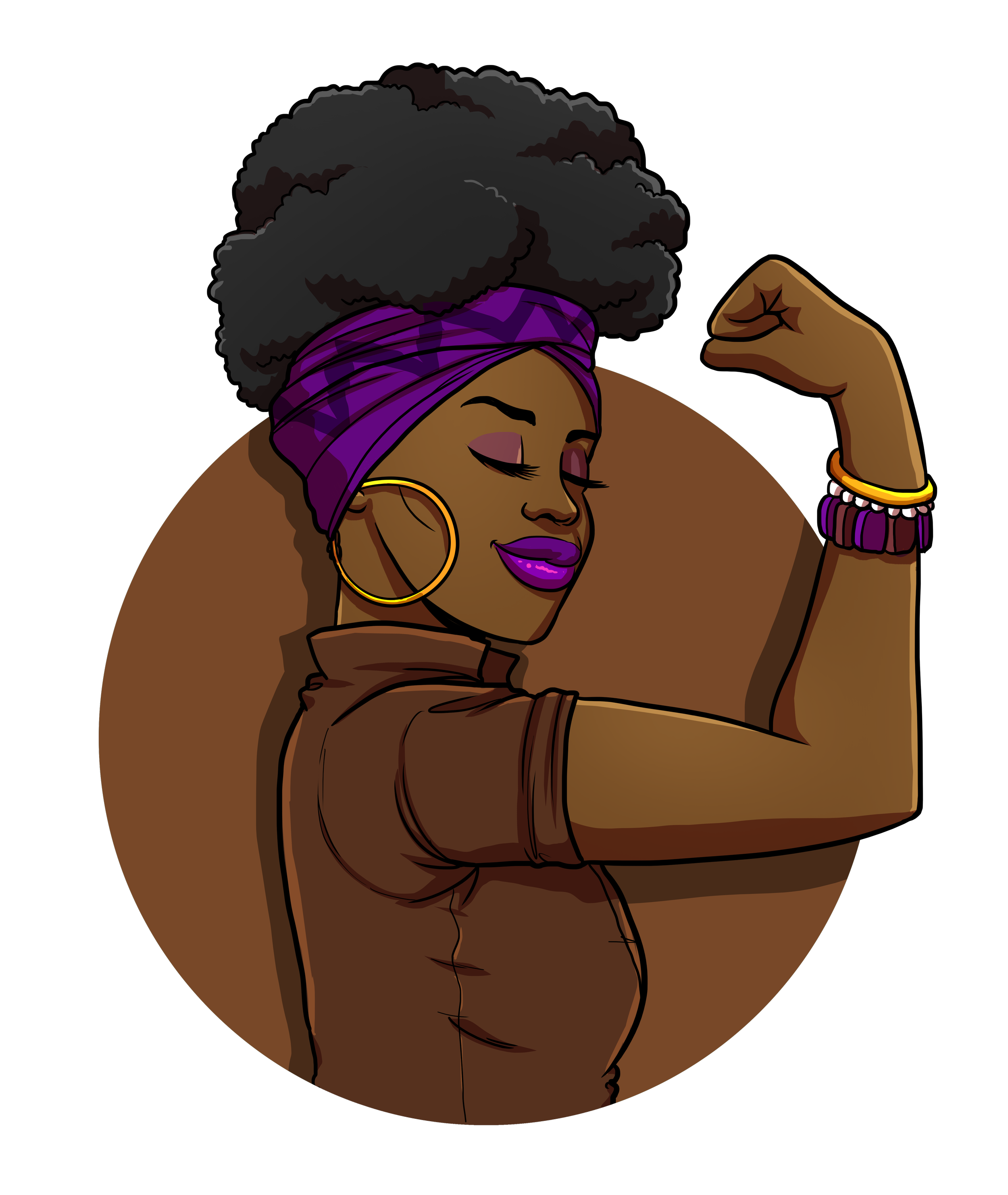Thabang Setona, Evidence That ANC Is Not Anti-GBV
Individual strides in making perpetrators of gender-based violence account for their crimes are rewarding. At the same time, we need to see a systemic change in how the law treats these perpetrators. Let’s take the case against Thabang Setona, for example.
On February 5, 2018, Thabang Setona kicked 52-year-old Olivia Makete outside Luthuli House in Johannesburg, South Africa. Setona, at the time of the assault, was the ANC’s Johannesburg branch secretary. Immediately after the crime, he was suspended from his position, and the ANC Johannesburg branch shared that disciplinary actions were taken swiftly. From a legal perspective, in 2019, “Thabang Setona was found guilty of assault with intent to cause grievous bodily harm and given a suspended sentence of 12 months for the assault”.
For those who don’t understand the concept of a “suspended sentence,” in short it is “a judicial punishment which is not enforced unless a further crime is committed during a specified period.” In essence, the courts of South Africa have effectively communicated that Thabang Setona’s “punishment” would not be enforced so long as he did not commit any other crime within 12 months.
This does nothing to protect victims of assault nor to grant survivors the justice they seek. It does nothing to affirm that South Africa’s leadership is anti-violence against women. It does nothing to communicate that impunity towards gender-based violence will end in this lifetime.
Today, Thabang Setona lives and breathes as a free man, able to maintain some type of position in the ANC. Evidence of this is his nomination “to be the party’s candidate for councillor in the upcoming local government elections.” Granted, Sasabona Manganye, the ANC Johannesburg spokesperson notes that “he is not confirmed”. More so, to consider a nominee Manganye explains “Part of the requirements is that people must have not been found guilty of any crime”.
Whether or not Setona is ineligible, as the ANC alleges, the issue is that his peers thought it fit to nominate him. They saw nothing wrong with the fact that he kicked a woman who was already on the ground. All of this is indicative of a permeating sentiment throughout the ANC and South Africa’s judicial system; our leadership is simply not anti-GBV.


